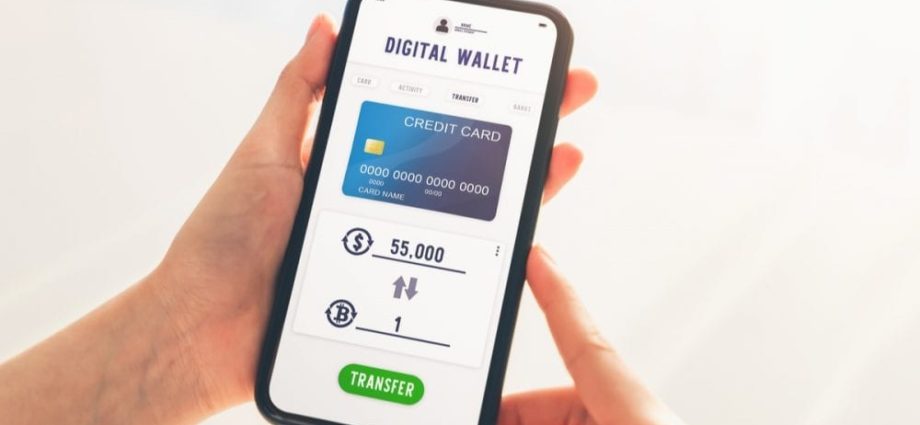Microtransactions powered by virtual currencies have exploded as new models emerge for frictionless payments online. But with great innovation comes heightened security risks that users must navigate. Microtransactions refer to tiny payments made progressively as you use or access digital content, services, and items. Instead of lump sum subscriptions, micro billing allows pay-as-you-go with pennies spent here and there.
Example acts are tipping online creators, paying to unlock a news article, or buying an in-game item. These microtransactions are made possible by new virtual currencies and digital wallets offered by fintech providers. Cryptocurrencies like Bitcoin and blockchain payment networks facilitate direct P2P transfers without intermediaries. Meanwhile, digital wallets from others simplify online checkout. However, criminals are tapping the anonymity and irreversibility of these new networks for fraud and theft.
- Wallet hacks – Malware and phishing scams can infiltrate digital wallet apps on your device to steal funds.
- Fake apps – Imposter wallet apps disguise themselves as legitimate platforms to steal login credentials or credit card data.
- SIM swapping – Your phone number linked to accounts gets transferred to a criminal’s SIM card for account takeover.
- Public WiFi hacking – Unsecured public connections can let attackers infiltrate your device and view online activity. Your wallet credentials are obtained through fake QR codes, links, or merchant websites designed to steal data.
- Identity theft – Stolen personal information allows criminals to open fraudulent accounts in your name and steal funds.
Keys to securing your digital wallet and microtransaction activity include.
- Unique complex passwords – Use distinct long passwords for each wallet account to prevent reuse across platforms.
- Multi-factor authentication – Enable 2FA/MFA requirements for login and transactions for enhanced account security.
- Wallet app security – Only download wallet apps from official trusted sources like the Apple App Store and enable auto app updates.
- Secure devices – Keep devices clean of malware, avoid rooting, and promptly install software updates that contain vital security patches.
- Caution on public WiFi – Refrain from accessing wallet apps or accounts over unsecured public connections which are easy to infiltrate. Avoid oversharing wallet details and transaction activity publicly to aid social engineering.
- Transaction diligence – Double-check recipient details before sending funds beware of deals that seem too good to be true. Set up transaction notifications and monitor account activity daily for unauthorized access.
- Limited balances – Maintain small balances in wallet apps sufficient for daily use to limit loss potential from any single hack. For any other information you might need, the following website can be visited: https://www.moneylife365.com/.
The world of microtransactions on the blockchain offers exciting potential. Users should proactively take precautions to prevent becoming victims of theft or fraud. Pay close attention to the security policies and capabilities of any digital wallet or payment provider used. With vigilance and common sense, your microtransaction adventures can pay off safely.

